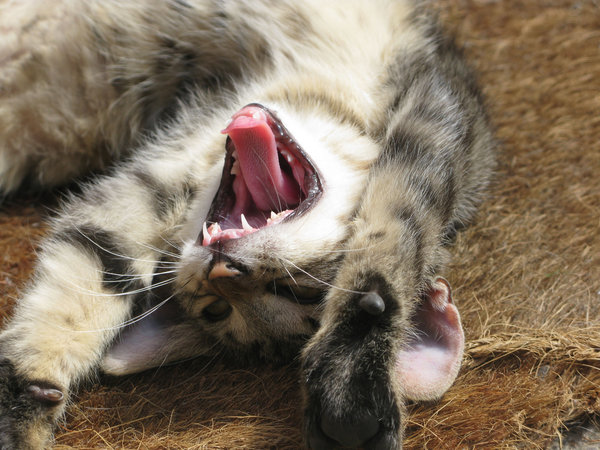Pregnancy And Cat Litter: Ensuring Your Safety.
Pregnancy And Cat Litter: Ensuring Your Safety.
Blog Article

Expecting a child is a wondrous event, but it likewise comes with a myriad of duties and considerations, specifically for pet owners. Amongst the lots of concerns that emerge during pregnancy, one that frequently flies under the radar is the concern of cat litter. While relatively harmless, cat litter can pose dangers to pregnant females and their unborn infants if not managed correctly. In this short article, we dive into the important info every expectant mom who owns a cat must understand to ensure a safe and healthy pregnancy.
The primary issue with cat litter throughout pregnancy lies in its association with toxoplasmosis, a parasitic infection triggered by the Toxoplasma gondii parasite. Felines, particularly those who hang around outdoors, can end up being contaminated with this parasite by hunting and consuming infected prey or by entering contact with infected soil. Once infected, felines can shed the parasite in their feces for a quick duration, typically one to two weeks, which is when they end up being providers of the illness.
Toxoplasmosis itself may not cause any symptoms in healthy individuals, but it can have serious effects for pregnant females and their unborn babies if contracted during pregnancy. The parasite can be transferred to people through unexpected intake of contaminated cat feces, soil, or undercooked meat containing the parasite's cysts. In pregnant women, toxoplasmosis can result in miscarriage, stillbirth, or hereditary impairments in the infant, such as hearing loss, vision disability, or intellectual specials needs.
Offered the possible threats associated with toxoplasmosis, pregnant women are often advised to take precautions when handling cat litter. Here are some essential steps to minimize the risk of infection:
If possible, ask a partner, member of the family, or friend to take control of the job of cleaning up the litter box throughout pregnancy. This minimizes direct exposure to feline feces, reducing the danger of infection.
If you should clean the litter box yourself, wear disposable gloves and a mask to avoid direct contact with the feces and inhalation of air-borne particles.
Make sure the litter box is cleaned up daily. The Toxoplasma gondii parasite requires a period of one to five days to end up being transmittable after being shed in feline feces. Prompt removal of feces minimizes the chance of transmission.
After managing cat litter or cleaning up the litter box, clean your hands thoroughly with soap cat litter robot and water to remove any potential contamination.
Avoid gardening or dealing with soil, particularly without gloves, as it may consist of Toxoplasma gondii cysts from feline feces.
To minimize the risk of contracting toxoplasmosis from food, ensure all meat is prepared completely to kill any parasites present.
n addition to taking preventative measures when managing cat litter, pregnant ladies may likewise consider switching to alternative litter alternatives that present minimal risk. Here are some options to conventional clay-based cat litter:
Silica gel litter is highly absorbent and successfully manages odor. It presents a lower risk of harboring parasites compared to clay-based litter.
Litters made from natural products such as recycled paper, wood pellets, or corn are naturally degradable and eco-friendly. litter box These litters are usually considered safe for pregnant women to manage.
Litters originated from plant-based products like wheat, corn, or pine offer an environment-friendly option to traditional clay litter. They are complimentary from hazardous chemicals and are safe for pregnant females and their animals.
As with any issues throughout pregnancy, it's essential to consult your doctor for customized suggestions and recommendations. If you have any concerns cat litter scooper or uncertainties concerning cat litter and its possible risks, do not hesitate to discuss them with your obstetrician or midwife. They can supply guidance customized to your individual situations and assist minimize any issues you may have.
While owning a feline can bring immense happiness and companionship, it's vital for pregnant females to be familiar with the possible threats associated with cat litter and take suitable preventative measures to secure their health and the health of their unborn child. By following easy standards and looking for assistance from healthcare companies, expectant moms can navigate this element of pet ownership safely and take pleasure in a carefree pregnancy alongside their feline companions.